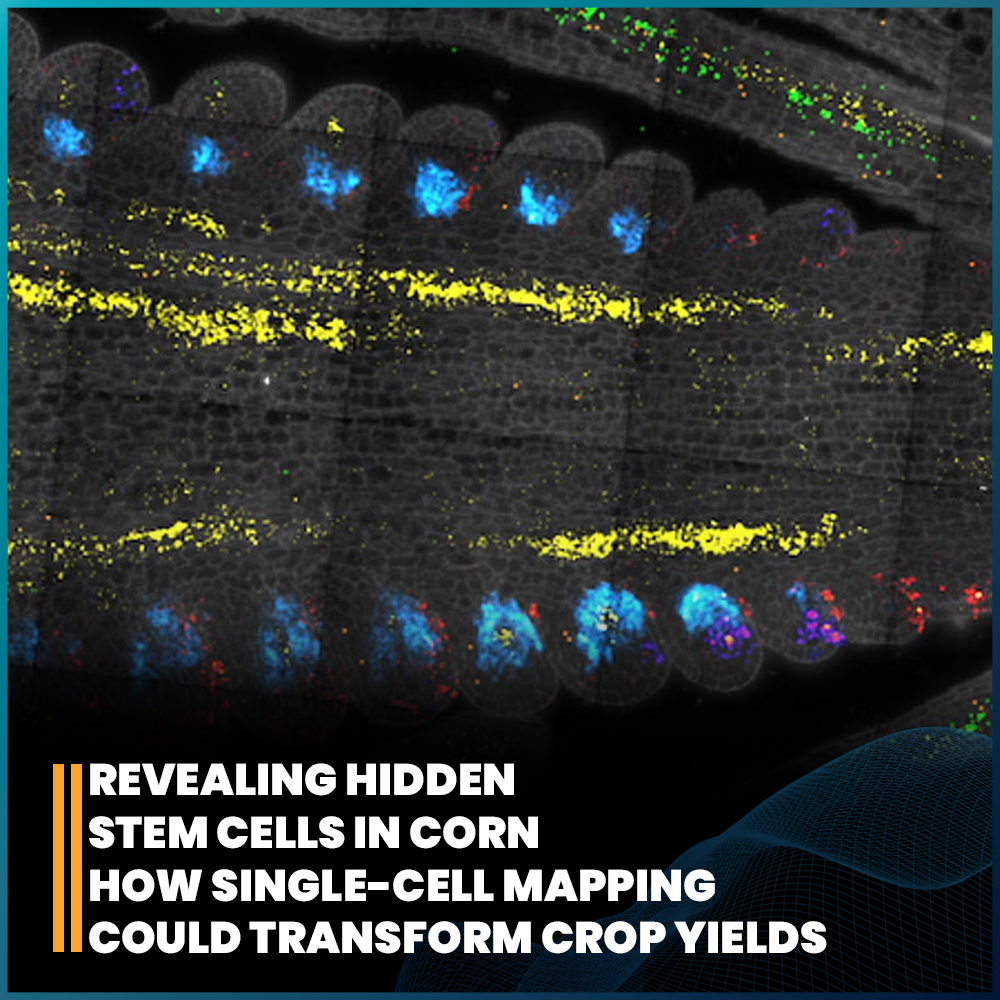Quinone-Based Electrochemical Carbon Capture: A New Step Toward Sustainable Solutions
Posted by Marketing Team on

Carbon capture functions as one of the key sustainable techniques for reducing global climate impacts. Modern researchers use electrochemical procedures that provide adjustable trapping systems while reducing the required energy to develop better methods for capturing carbon dioxide from industries. Current research from Harvard’s John A. Paulson School of Engineering and Applied Sciences (SEAS) at Harvard University has generated breakthrough findings about the fundamental molecular processes during quinone-based carbon capture while explaining how CO₂ binds and unbinds from these systems through electrochemistry.
Discovery Highlight
Researchers examined the electrochemical interaction dynamics between quinones, which fall into organic molecules and CO₂ molecules. The research revealed precise CO₂ binding and unbinding processes, which generated measurements for the redox potential and equilibrium constant equilibrium data. The experimental findings present detailed information about how carbon capture processes are influenced by environmental solvents and molecular configuration. This marks a significant advancement in designing next-generation carbon capture systems that are efficient, reversible, and scalable.

Quinone-mediated electrochemical carbon capture experimental setup. (The Ins and Outs of Quinone Carbon Capture, 2025)
How the Study Works
The researchers used electrochemical experiments and modeling to capture the exact moment CO₂ molecules attach and detach from reduced quinones. Their findings showed CO₂ adduct formation proceeds through multiple stages after measuring equilibrium constants and redox potential assessments. The research showed that adjusting the solvent conditions directly affects the reaction performance and its ability to reverse operations. Industrial applications benefit from this modular control because it presents an adaptable system with high efficiency.

Fluorescence images taken from inside an operating electrochemical CO2 capture/release flow cell, alongside measured data showing capacity, normalized fluorescence intensity, and pH changes over time. (The Ins and Outs of Quinone Carbon Capture, 2025)
Why It Matters
This breakthrough brings substantial value through its ability to change the current process of electrochemical carbon capture. The quinone-based system represents a new carbon dioxide capture and release route because it overcomes traditional methods' power requirements and unreliability problems. This discovery creates new opportunities for carbon management solutions that deliver both effectiveness and sustainable and feasible economic benefits. The discovery provides essential knowledge that enables global industries to develop practical climate solutions for decarbonization efforts.
MSE Supplies: Supports Innovations and Research
At MSE Supplies, we recognize the importance of cutting-edge research like the Harvard SEAS study. That’s why we offer a broad range of Electrochemical Consumables and Analytical Services that directly support similar experimental approaches:
-
Electrochemical Consumables: From high-purity electrodes and reference cells to electrolyte solutions and electrode materials, our products are designed for precision electrochemical measurements. Whether you're working with redox reactions, developing new solvents, or simulating gas adsorption, we’ve got you covered.
-
Analytical Services: MSE Supplies offers expert-level analytical services, including electrochemical testing and Component Content Analysis. These services are tailored to help researchers replicate, validate, and expand on groundbreaking work like quinone-based carbon capture.
By providing both the tools and the expertise, MSE Supplies empowers scientists to push the boundaries of innovation and accelerate progress toward a more sustainable future.
Closing Image: Title: MSE Supplies Electrochemical Consumables and Analytical Services
Use images of the products under these categories
The Harvard SEAS discovery demonstrates how a detailed molecular understanding can transform real-world technologies. Combining innovative chemistry with powerful tools makes the path to sustainable carbon capture more evident and closer. For researchers ready to take the next step, having the right materials and support can make all the difference.
Electrochemical research laboratories need their essential tools and equipment. MSE Supplies provides high-performance consumables with reliable analysis to enable researchers to achieve precise, reproducible results while pushing their boundaries. Contact our team to access and acquire ideal tools and lab services for your laboratory setting.
Source:
-
Amini, K., Cochard, T., Jing, Y., Sosa, J. D., Xi, D., Alberts, M., Emanuel, M. S., Kerr, E. F., Gordon, R. G., & Aziz, M. J. (2024). In situ techniques for aqueous quinone-mediated electrochemical carbon capture and release. Nature Chemical Engineering. https://doi.org/10.1038/s44286-024-00153-y
-
The ins and outs of quinone carbon capture. (2025, January 9). https://seas.harvard.edu/news/2025/01/ins-and-outs-quinone-carbon-capture



